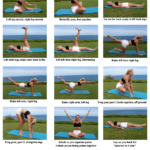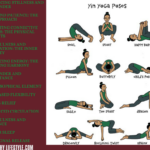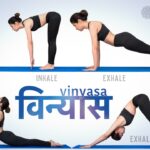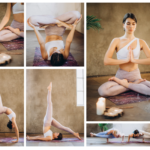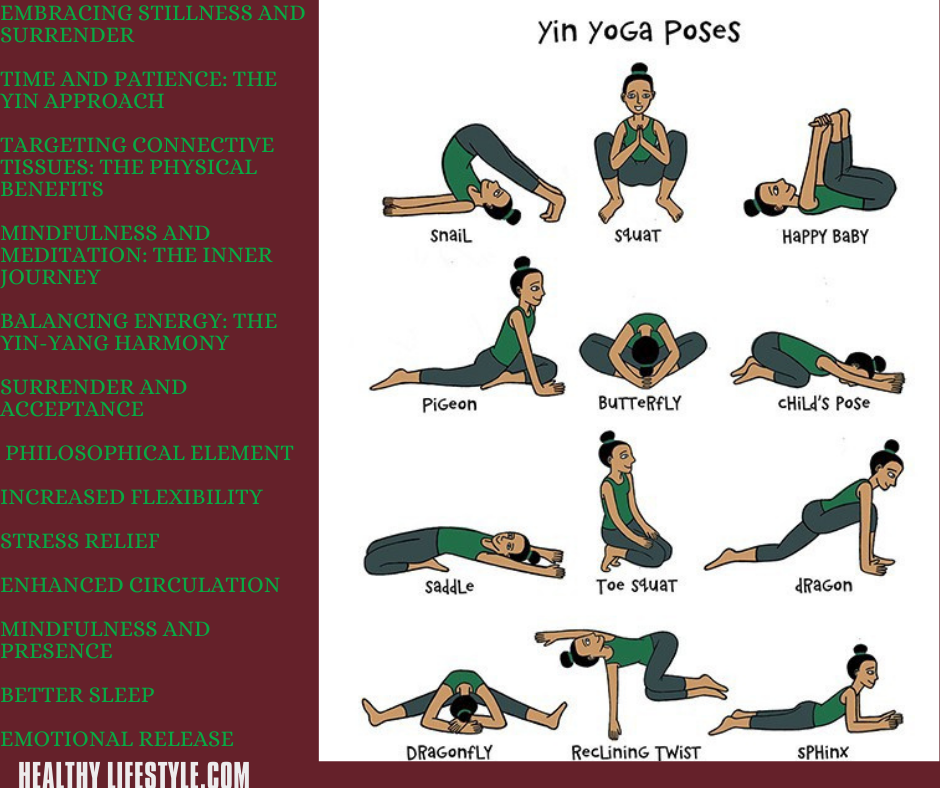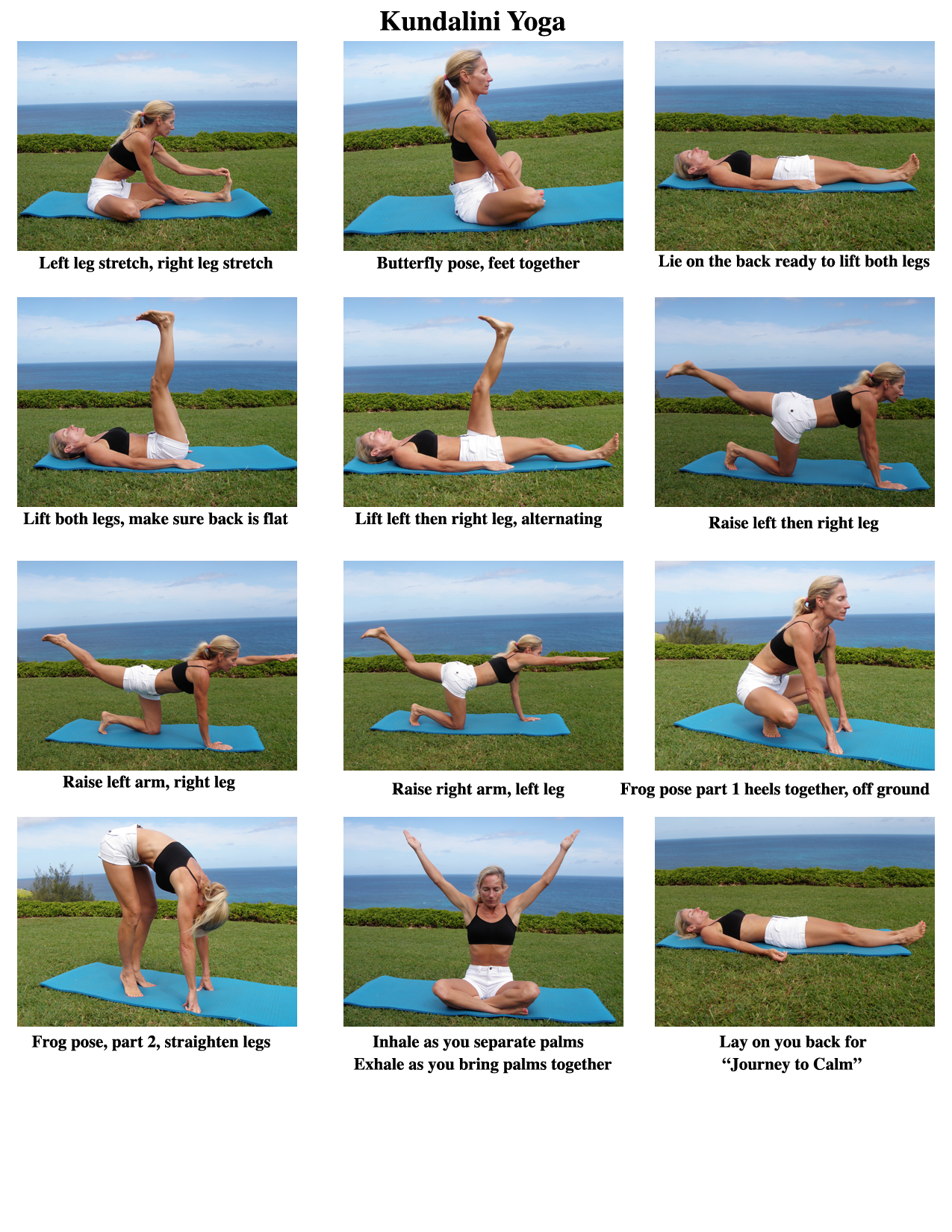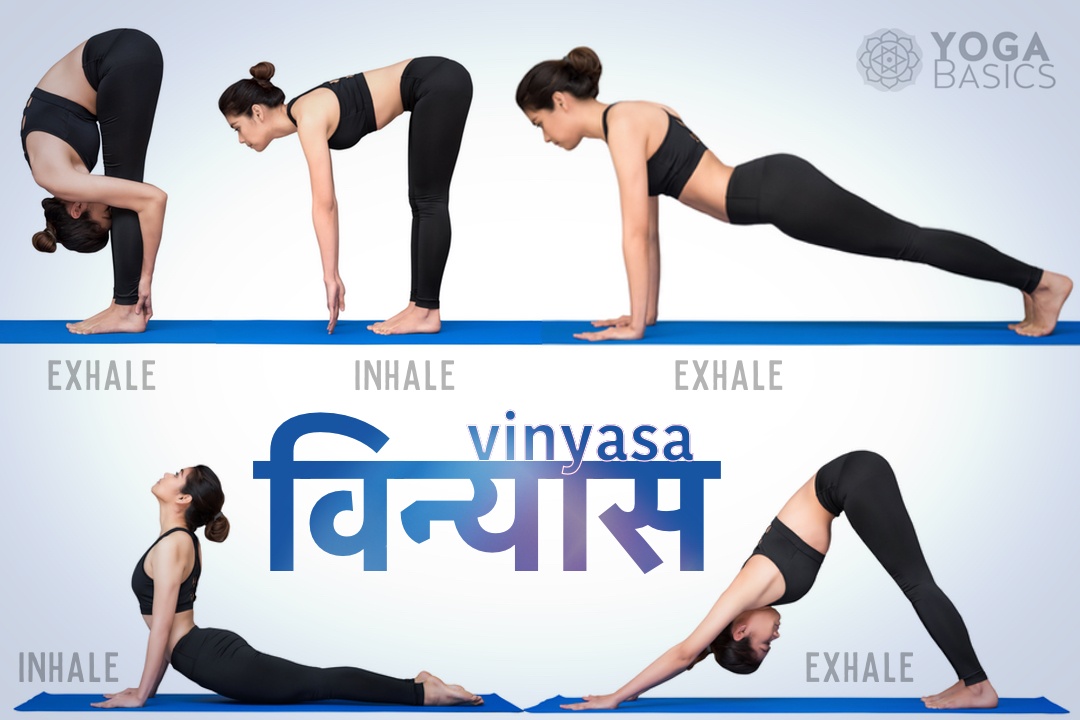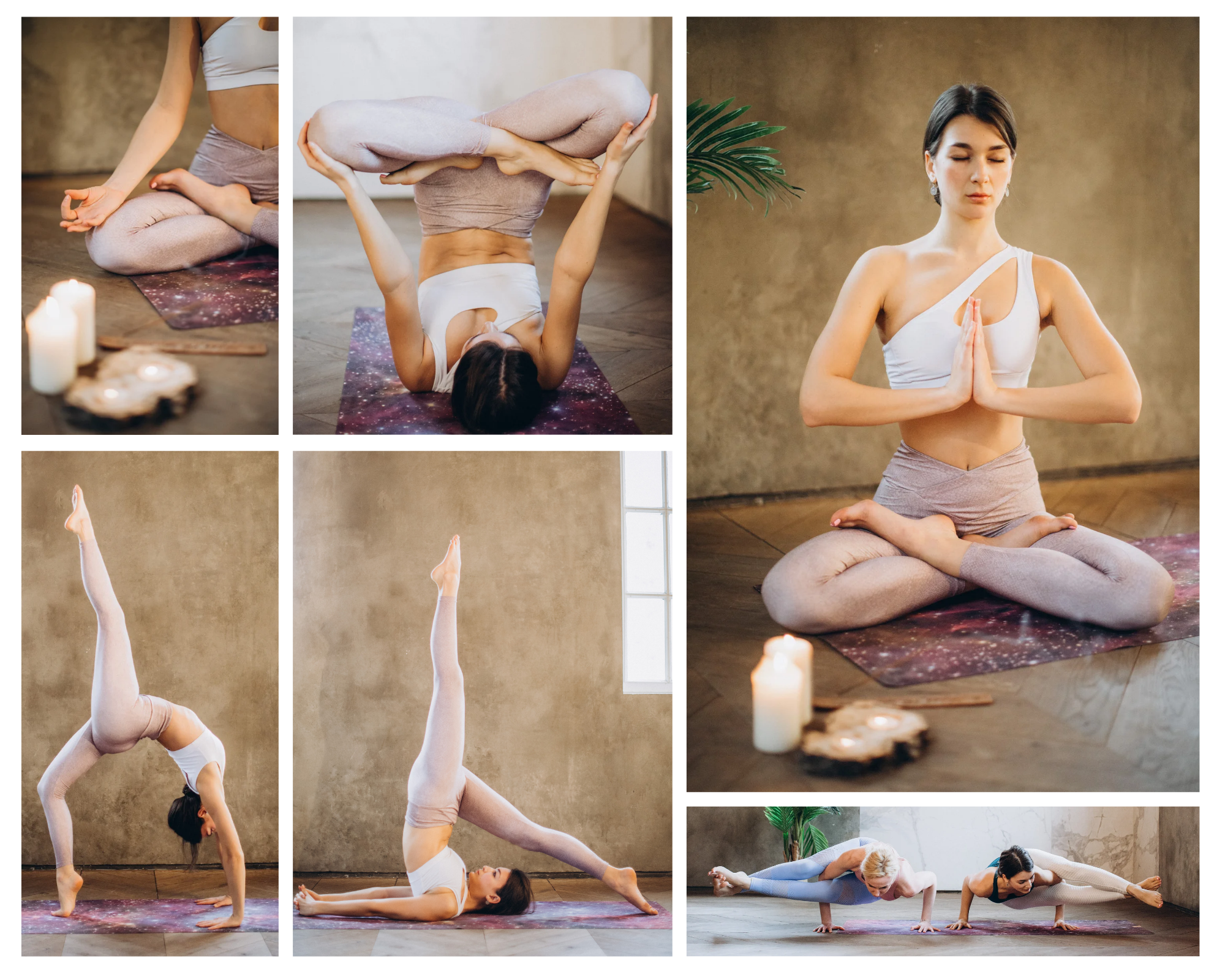Introduction: Nurturing the Yin Aspect
Yin yoga, often referred to as the “gentle practice,” offers a serene and introspective approach to yoga. Rooted in ancient Chinese philosophy, Yin yoga focuses on the concept of balance between the yin and yang energies within us. Unlike more dynamic forms of yoga, Yin yoga encourages practitioners to hold poses for an extended period, allowing for deep relaxation and a unique exploration of the body’s inner landscape.
Yin Yoga: Embracing Stillness and Surrender
In Yin yoga, the emphasis lies in finding stillness and surrendering to the present moment. The practice involves holding poses for longer durations, usually ranging from one to five minutes. These extended holds target the deeper connective tissues of the body, such as ligaments, tendons, and fascia. This gentle approach not only improves flexibility but also cultivates a sense of calm and balance in both the physical body and the mind.
The Essence of Yin Yoga
Time and Patience: The Yin Approach
Yin yoga encourages patience and a gentle persistence. The prolonged holds in each pose provide an opportunity to explore sensations and observe the mind’s reactions. By embracing stillness, practitioners can develop a mindful awareness that extends beyond the mat and into daily life.
Targeting Connective Tissues: The Physical Benefits
Unlike Yang practices that focus on muscles, Yin yoga targets the deeper layers of the body. This gentle stress on connective tissues encourages improved joint mobility, flexibility, and circulation. The practice also supports healthy joint function and can aid in injury prevention.
Mindfulness and Meditation: The Inner Journey
Yin yoga serves as a gateway to mindfulness and meditation. The longer holds in poses invite practitioners to delve into introspection, allowing thoughts and emotions to arise and dissipate. This meditative quality of Yin yoga promotes mental clarity, stress reduction, and emotional balance.
Balancing Energy: The Yin-Yang Harmony
In Chinese philosophy, the yin and yang energies represent opposite but interconnected forces. Yin yoga complements the more dynamic yang practices by nurturing the yin aspect—stillness, coolness, and introspection. Balancing these energies is believed to contribute to overall wellbeing and vitality.
Surrender and Acceptance: The Philosophical Element
Yin yoga encourages surrendering to the sensations and experiences that arise during the practice. This philosophy of acceptance extends to life off the mat, fostering an attitude of openness and resilience.
Benefits of Yin Yoga: A Journey Within
Yin yoga offers a range of physical, mental, and emotional benefits that contribute to overall wellbeing:
- Increased Flexibility: Prolonged stretches in Yin yoga gently improve flexibility and joint mobility over time.
- Stress Relief: The meditative nature of Yin yoga calms the nervous system, reducing stress and promoting relaxation.
- Enhanced Circulation: Deep stretches stimulate blood flow, improving circulation and supporting the health of bodily systems.
- Mindfulness and Presence: Yin yoga cultivates mindfulness, enhancing the ability to stay present and focused.
- Better Sleep: Regular practice of Yin yoga can lead to improved sleep quality and relaxation.
- Emotional Release: Holding poses allows emotions to surface, providing an opportunity for release and healing.
FAQs about Yin Yoga
Can Beginners Practice Yin Yoga?
Yes, Yin yoga is accessible to beginners. The practice encourages gentle exploration and adaptation to individual needs.
How Long Should I Hold Yin Yoga Poses?
Yin poses are typically held for 1 to 5 minutes. The duration may vary based on personal comfort and experience.
Is Yin Yoga Suitable for Athletes?
Absolutely. Yin yoga complements more active forms of exercise by promoting flexibility and aiding in muscle recovery.
Do I Need Props for Yin Yoga?
Props like blocks, bolsters, and blankets can enhance comfort and support in Yin poses, but they’re not mandatory.
Can Yin Yoga Help with Chronic Pain?
Yes, Yin yoga can offer relief from chronic pain conditions. Consult a healthcare professional before starting if you have any concerns.
How Often Should I Practice Yin Yoga?
Practicing Yin yoga 2-3 times a week can provide significant benefits. Listen to your body and adjust as needed.
Conclusion: Embrace the Yin Within
Yin yoga is an invitation to slow down, find stillness, and embrace the quiet wisdom within. By nurturing the yin aspect of our being, we create space for balance, harmony, and deep rejuvenation. Whether you’re seeking physical flexibility, mental clarity, or a journey of self-discovery, Yin yoga offers a path to serenity and transformation.



